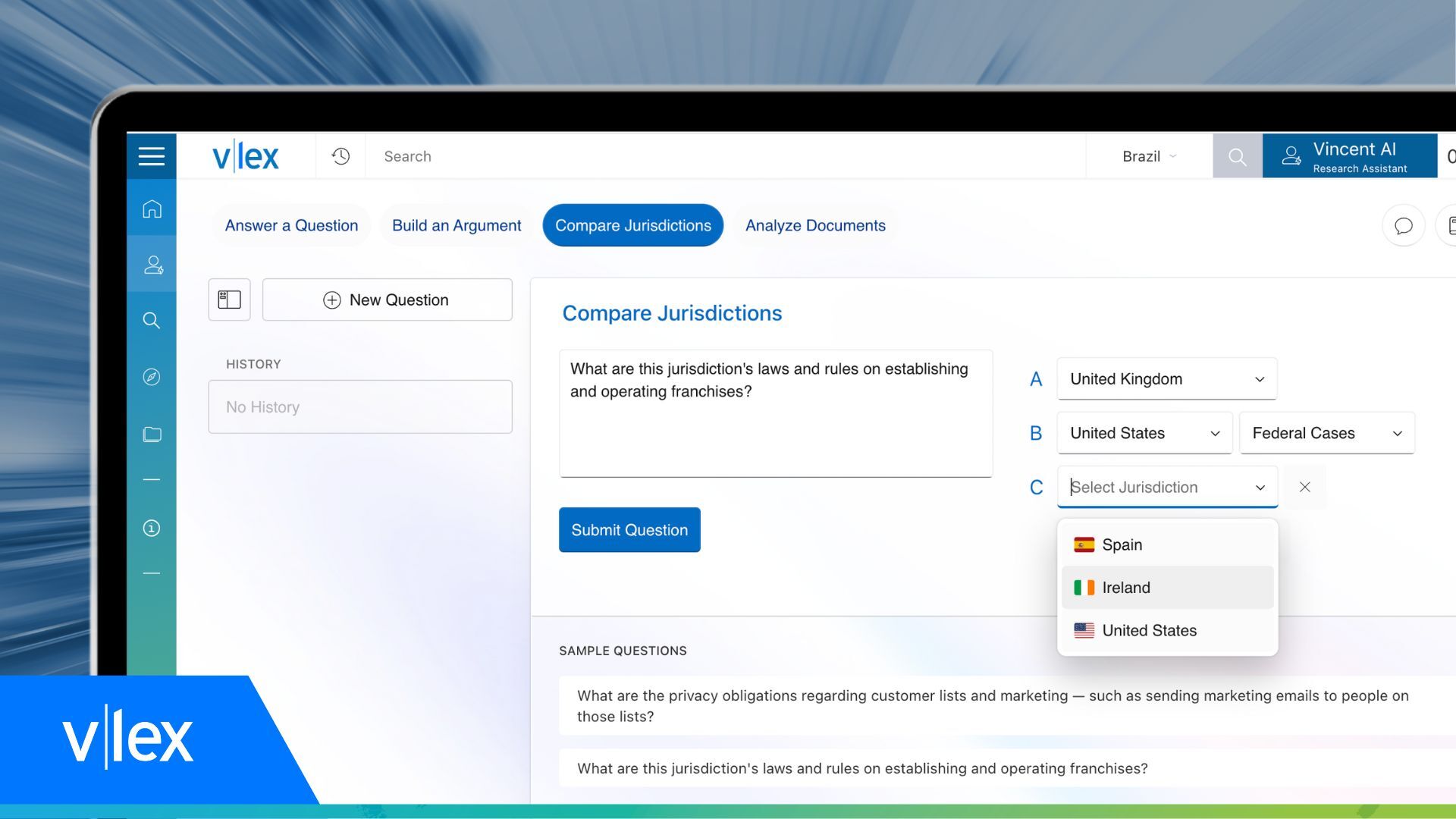Unvaccinated teen who sued over ban from school contracted chickenpox; his appeal is still pending

Image from Shutterstock.com.
A Kentucky teen banned from his high school because he didn’t get vaccinated for chickenpox can return to the classroom, but the reason doesn’t stem from his religious freedom case.
Jerome Kunkel, 18, can return to class because he contracted chickenpox, he won’t be contagious and he has immunity, his lawyer, Christopher Wiest, told several publications. The Washington Post reported that Kunkel returned to class Monday. Other publications with stories include the Cincinnati Enquirer, NBC News and CBS News.
Kunkel was banned after a chickenpox outbreak at his school, the Our Lady of the Sacred Heart Assumption Academy.
Kunkel has religious objections to the vaccine because it is derived from cells grown from a fetus aborted in England in 1966. A Boone County judge ruled against Kunkel in an April 1 hearing, the Cincinnati Enquirer reported last month. The judge, James Schrand, said the Northern Kentucky Health Department had the authority to take action to stop the spread of contagious diseases.
Kunkel had signed a state form for a religious exemption to vaccinations, but it warns that students can be excluded from school to control disease.
The Catholic Church does not object to vaccines during a public health crisis. The church affiliated with Kunkel’s school hews to conservative doctrine and rejects Vatican II reforms.
Online information shows Kunkel’s case is pending in the Kentucky Court of Appeals. Besides Kunkel, there are four adult plaintiffs suing as guardians of 25 juveniles. The juveniles attend an elementary school next to Kunkel’s school, Wiest told the Cincinnati Enquirer last month. Some are relatives of Kunkel, says another Kunkel lawyer, Thomas Bruns, in an interview with the ABA Journal.
Bruns says the appeal contends that Schrand used the wrong standard when he denied a preliminary injunction that would allow Kunkel to go back to school and resume extracurricular activities. Kentucky has a state version of the Religious Freedom Restoration Act, and the health department did not meet the required burden of proof to justify the ban under the law, Bruns says.
Even though Kunkel can return to school, his case isn’t moot because he is entitled to damages, Bruns says. The other children in the case also are banned from school, Bruns says.
The health department was required to use the least restrictive means to protect susceptible populations, and that would have meant requiring a pregnant teacher to stay home, Bruns says. There was a small but increased risk of harm for the teacher if she had contracted chickenpox, but not for the students, he says. He cited evidence from one of the plaintiffs experts that a person is more likely to be struck by lightning than to die from chickenpox.
The Northern Kentucky Health Department released a statement warning that unvaccinated students should not be encouraged to contract chickenpox. An infected person “can easily spread the virus to other, unsuspecting people, including those particularly vulnerable to this potentially life-threatening infection,” the statement said.
The case is Kunkel v. Northern Kentucky Independent Health District.



